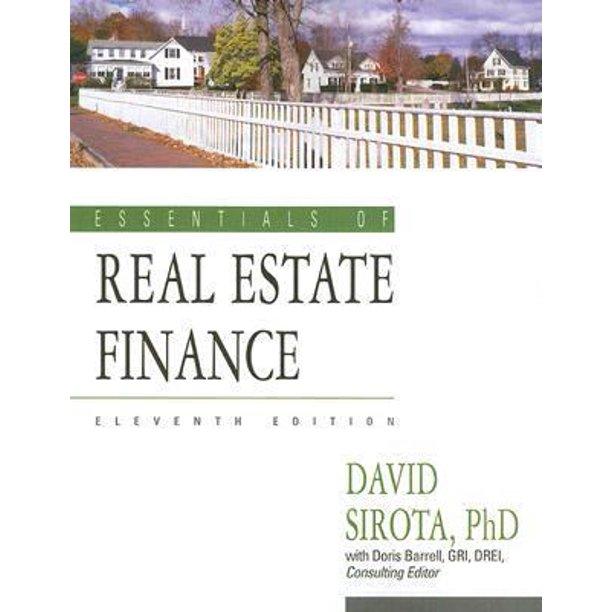Answered step by step
Verified Expert Solution
Question
1 Approved Answer
Question 2 Suppose a college junior could earn a salary of S2 million/year by declaring himself eligible for the NFL draft. If he waits until

Step by Step Solution
There are 3 Steps involved in it
Step: 1

Get Instant Access to Expert-Tailored Solutions
See step-by-step solutions with expert insights and AI powered tools for academic success
Step: 2

Step: 3

Ace Your Homework with AI
Get the answers you need in no time with our AI-driven, step-by-step assistance
Get Started


